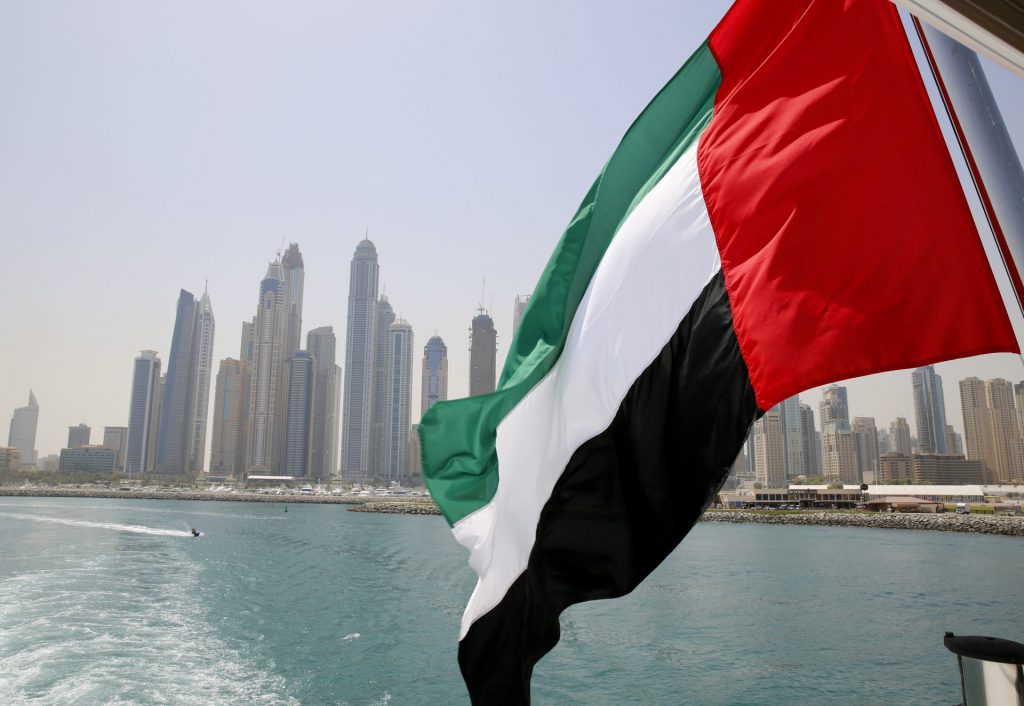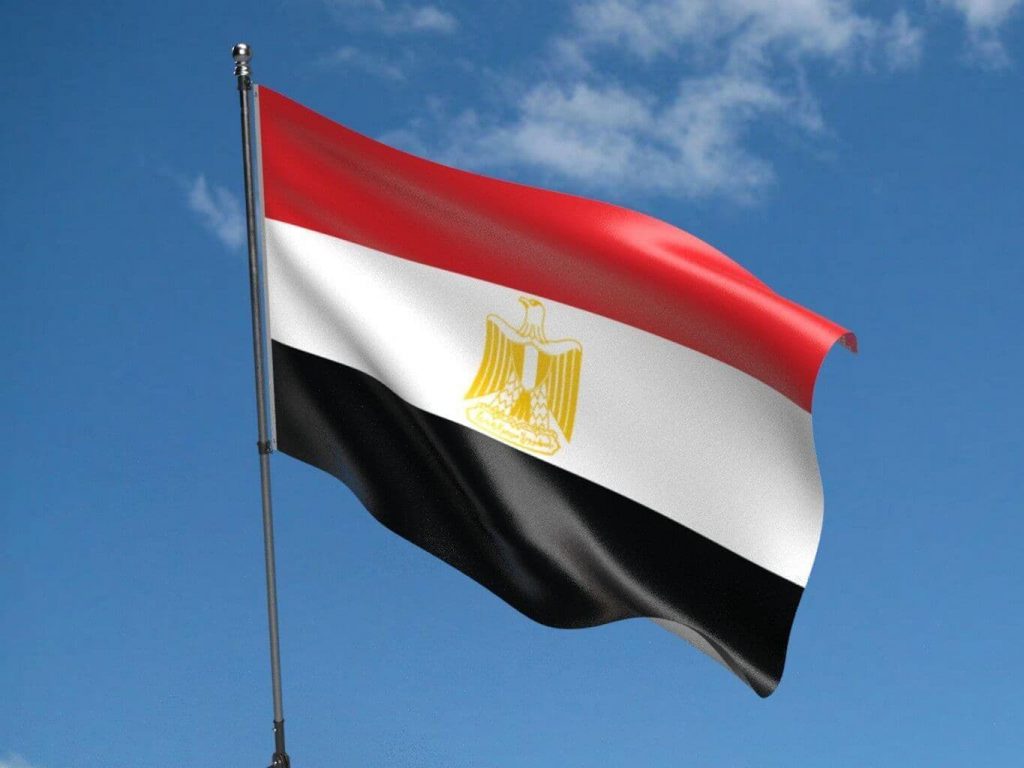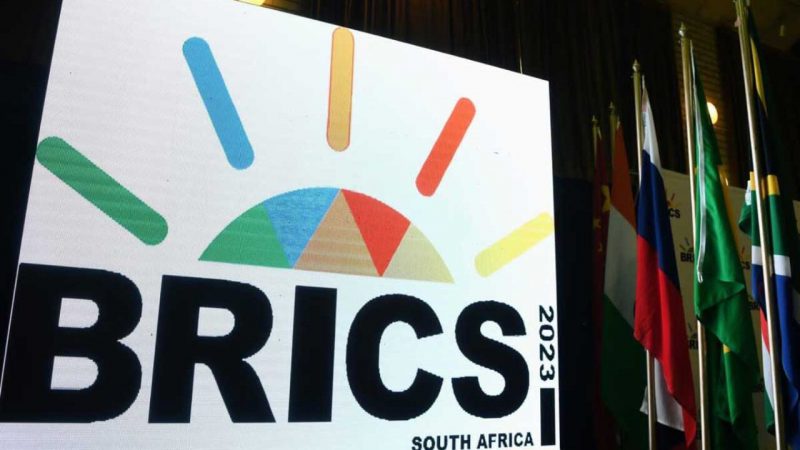Following both country’s inclusion into BRICS, both the United Arab Emirates (UAE) and Egypt have agreed to a $1.36 billion currency swap. Indeed, the two nations have agreed to have their central banks exchange 5 billion Emirate dirhams and 42 billion Egyptian pounds.
The agreement arrives amid a global de-dollarization movement initiated by the BRICS alliance. Subsequently, the UAE has been a massive part of the bloc’s progress toward that. The country was part of the landmark oil deal settled with India outside of US dollars. Now, it is aiding the Egyptian economy in growing its local currency.


Also Read: BRICS Members China and UAE Launch Joint Venture in Latest Investment
BRICS Members UAE and Egypt Reach Massive Currency Swap Agreement
The year thus far has been an important one for the growing prominence of the BRICS economic alliance. Specifically, last month saw the bloc extend an invitation for membership to six nations. Those countries were Saudi Arabia, the UAE, Egypt, Argentina, Ethiopia, and Iran. Now, two of those nations are embracing a key initiative of the bloc.
Two of the BRICS invitees, the UAE and Egypt, have reached a $1.36 billion currency swap agreement. Specifically, this will allow both central banks to exchange Emirati dirhams and the Egyptian pound in an effort to grow the local currency of their fellow BRICS members. Moreover, it continues a firm de-dollarization effort in place for the alliance.


Also Read: Iran Exports to BRICS Alliance Already Surpasses $9 Billion
The Egyptian economy is certainly struggling, with the currency swap allowing an increase in liquidity. Moreover, it presents the growing sentiment of bloc members to adopt currencies outside of the US dollar. Earlier this year, the UAE was part of a massive oil deal with India settled in alternative currencies.
Additionally, nations like Kenya have leaned on de-dollarization from BRICS to aid their dollar crises. The country’s economy is seeking recovery through the lessened prominence of the greenback. Subsequently, that has been a massive reason for the BRICS prioritization of the idea. Conversely, the upcoming year should see massive strides in de-dollarization take hold.





